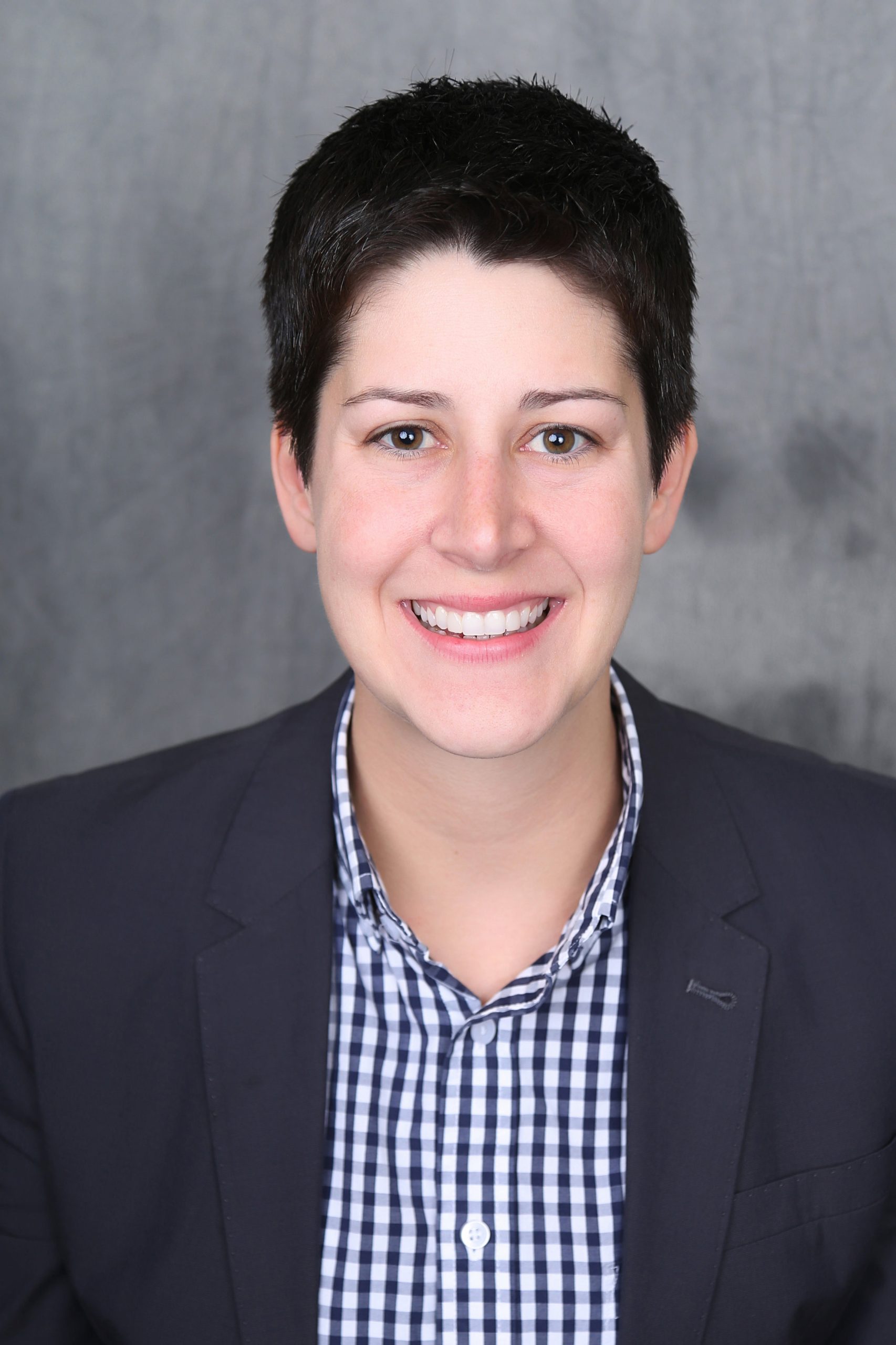Essential Elements of HBPC™ and Advanced Applications of HBPC™ Workshops – Faculty Spotlight
Date: 11|11|2022
Amanda Tufano, MHA, FACHE, FACMPE
Chief Executive Officer, Genevive
 About Tufano
About Tufano
As Chief Executive Officer of Genevive, Tufano leads a mission-driven healthcare company dedicated to meeting the complex care needs of Minnesota’s geriatric population. Since joining the organization as director of business operations in 2012, she has also served as COO and treasurer for the organization.
Tufano holds a Master of Healthcare Administration from the University of Minnesota, and a Bachelor of Science and a Bachelor of Arts from the University of Texas at Austin. She is also Six Sigma (Green Belt) and Lean Flow Certified, project management certified, and double board-certified as a Fellow of the American College of Healthcare Executives and as a Fellow in the American College of Medical Practice Executives. In addition, Tufano is an instructor in the University of Minnesota Master of Healthcare Administration program.
As a faculty member for HCCI’s Essential Elements of Home-Based Primary Care™ and Advanced Applications of HBPC™ workshops, Tufano leads discussions on a variety of topics, including: Building Up and Caring for the House Call Team; Quality Counts: Effective Care Transitions for Homebound Patients; and Staffing and Workforce Considerations in Home-Based Care. Her specialties are working in a value-based care environment and Medicare contracting.
How did you get involved with house calls?
My involvement with house calls is primarily the result of working at Genevive. As the largest geriatric practice in Minnesota with more than 185 employees, Genevive delivers primary care in a variety of settings, including long- and short-term care facilities, assisted living facilities, as well as a small home-based practice. My main interests as Genevive’s CEO tend to be areas like Medicare contracting, contract negotiations, improving backend efficiencies, and human resources.
How will learners benefit from the HCCI workshops?
The Essential Elements curriculum focuses on operational efficiencies, and one very important thing learners come away with is an understanding of the basic infrastructure needed to run a successful HBPC practice. Things like, how we connect people to resources, how we help them think about efficiencies within their practice, how we help them start thinking about benchmarking, and then, how we connect them to their peers. In the Advanced Applications course, we move into topics like value-based care.
What’s your most memorable HCCI workshop moment?
One thing I especially enjoy is watching connections form between practices. The learners come from so many different backgrounds. For example, a workshop can include individuals from large academic healthcare centers; a single nurse practitioner who is starting up a practice; a physician who’s starting a practice; and even venture capital and private equity-backed practitioners who are coming into HBPC. Even though they have these diverse backgrounds, they often share common challenges and are eager to hear different perspectives on how to solve them. As faculty, I always learn so much at these workshops—the energy and ideas swirling around make every session memorable.